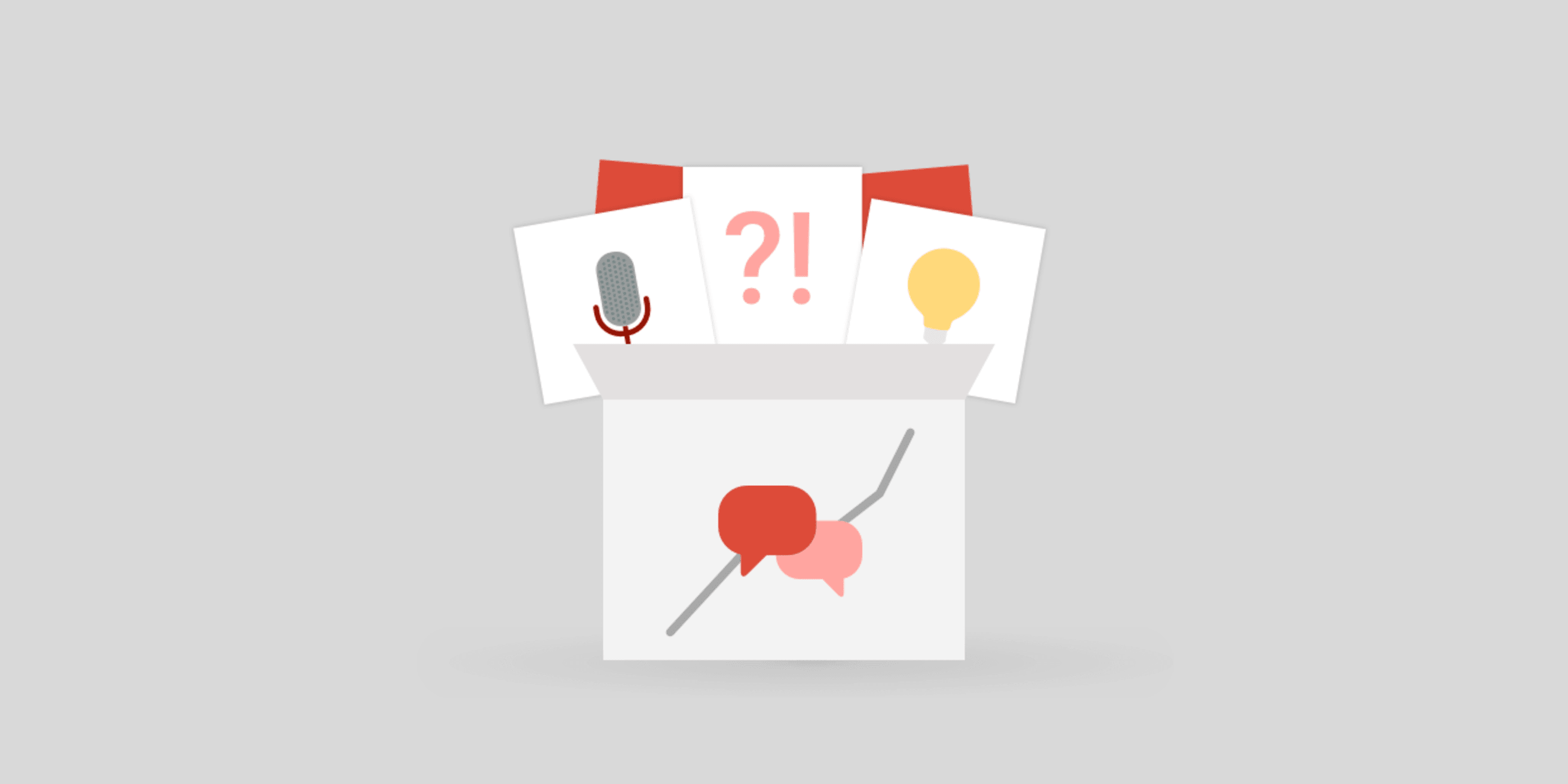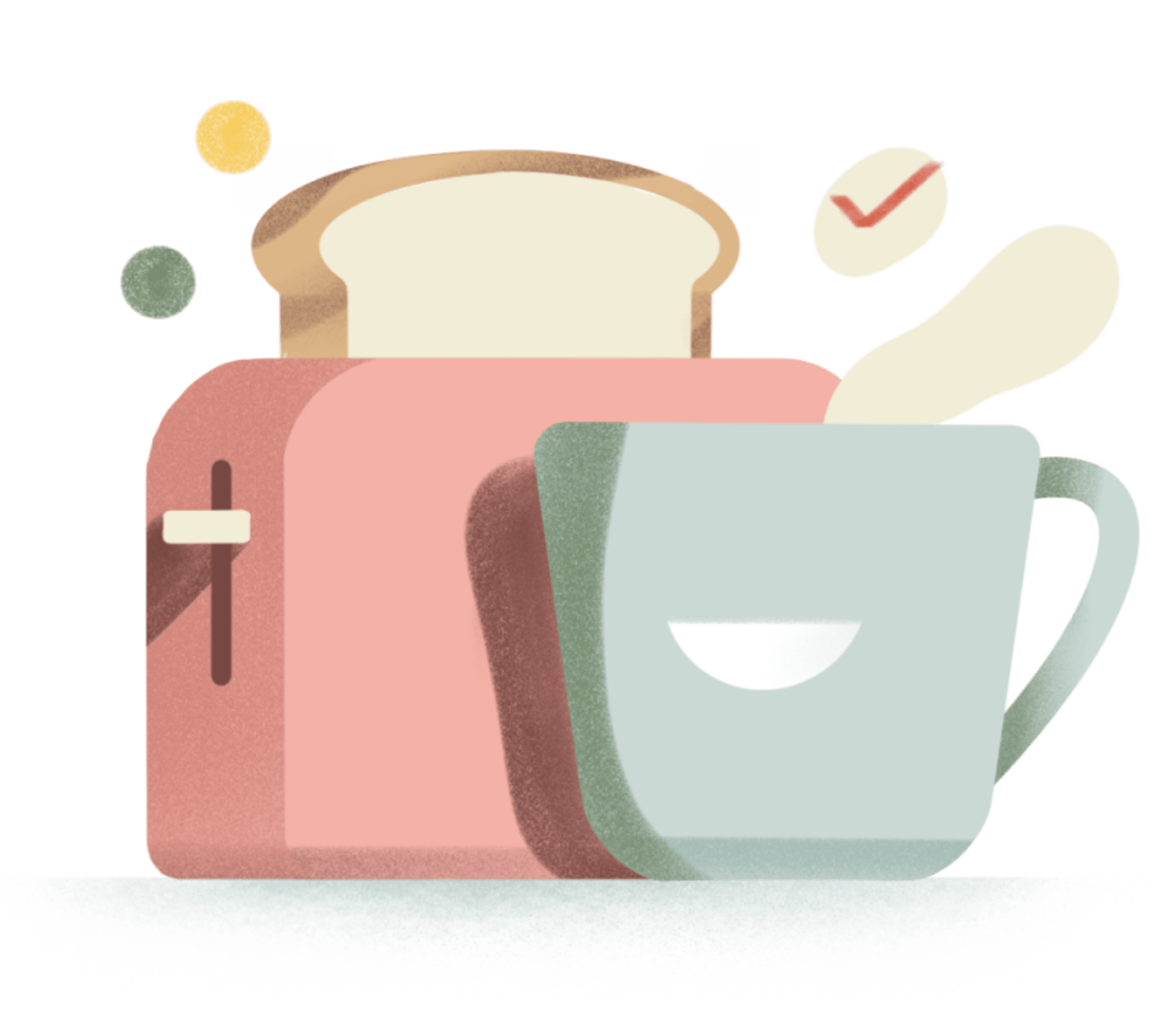You may recognize the name Erik Fisher from our 30 Organization and Productivity Gurus list. As the voice behind the "Beyond The To-Do List Podcast," he has interviewed over 100 different productivity experts on topics like lifehacking, work/life balance, and creativity. Today, he shares a collection of the most unexpected lessons he's learned along the way, with the relevant podcast.
1. Inbox Zero isn’t actually about getting your email inbox to zero.

Merlin Mann, an independent writer, speaker, and broadcaster, created the concept of Inbox Zero back in 2007. Most people think of Inbox Zero as having zero emails in one'x inbox. But Merlin intend it to refer to how much time you spend thinking about your inbox when you're not in it. In other words, it means paying zero attention to your email while you're doing something else.
By taking that concept and expanding it to all your "inboxes" you may find that you need to shut some of them down and limit the number of channels through which people may contact you. The next step is then choosing the right time and frequency to check those channels, as well as defining the amount of notifications you will allow for each channel.
2. Procrastination can actually be a good thing.
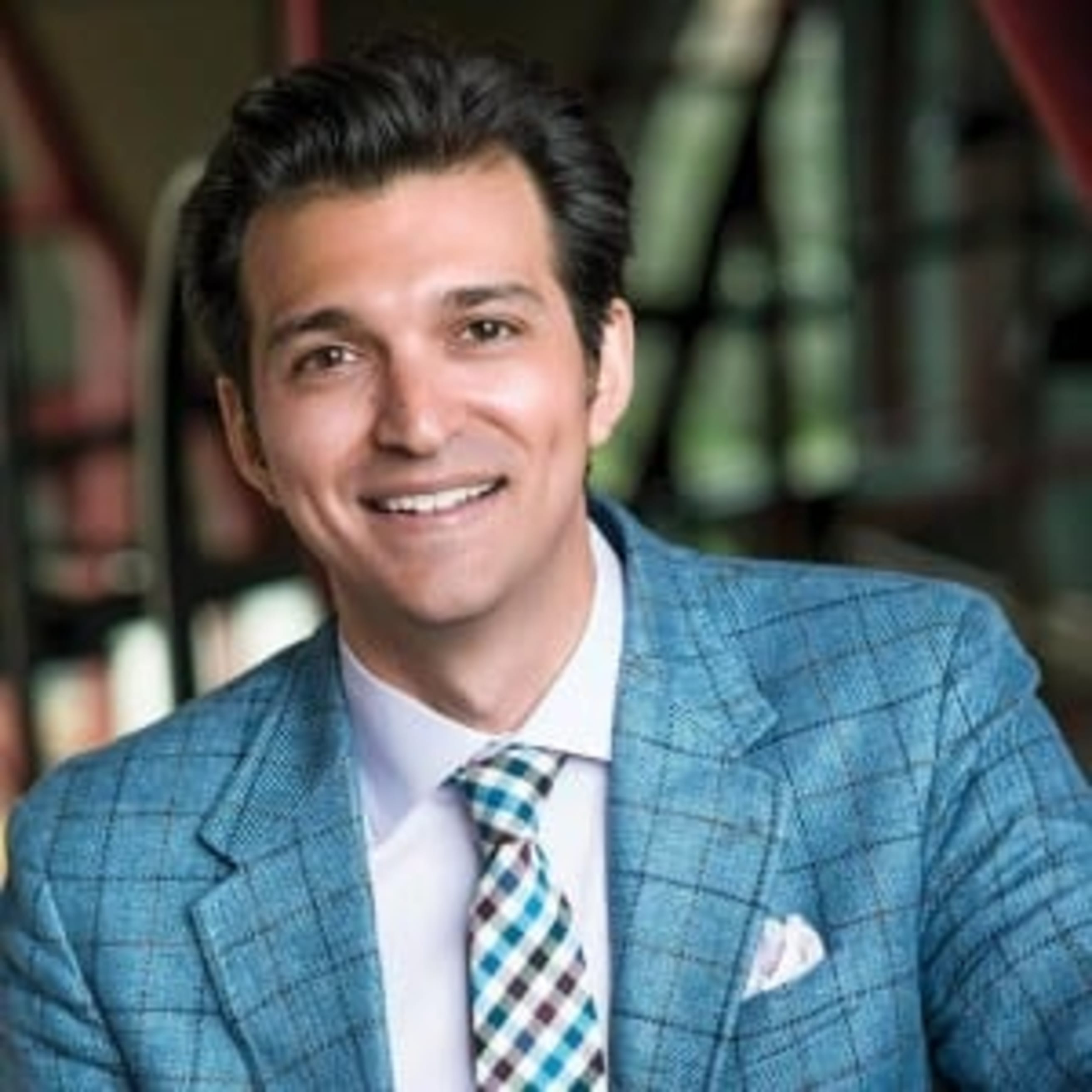
According to Rory Vaden, a New York Times bestselling author and serial entrepreneur, procrastination can be a good thing. The trick is to procrastinate intentionally. By thinking differently about the way you select your tasks, and, in particular, the way you prioritize when they should be done, your perspective on both time and productivity will change. Knowing what doesn’t need to be done right now gives you the freedom to procrastinate on purpose. By intentionally putting something off, you are the one taking ownership of the tasks you've selected, instead of being asleep at the wheel.
3. Pinterest can be a powerful productivity tool.

Pinterest isn’t just a social network. And Cynthia Sanchez would know. She’s an expert on using Pinterest to help entrepreneurs grow their businesses. Pinterest is a search engine, and it offers strong built-in organization and sharing mechanisms. You don’t have to spend hours mindlessly surfing and pinning. You can go, search, find, pin, and be done. You’ve then saved an awesome idea or future project for when you need it.
4. Striving for a work-life balance can actually be counter-productive.
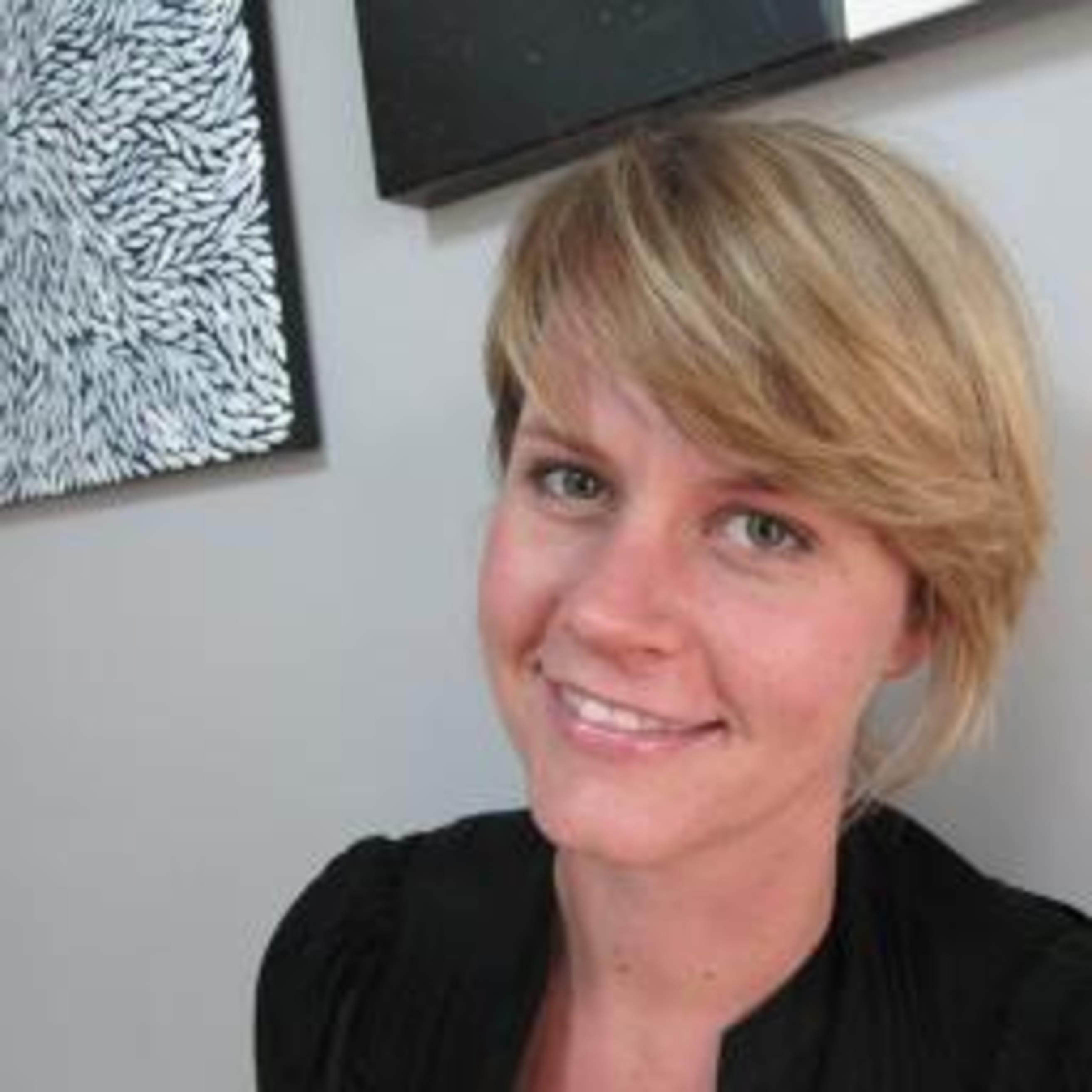
Is there such a thing as “work/life balance”? If so, how do we achieve it? Most of us have struggled to answer these questions, yet sometimes the more we push ourselves to find the perfect balance, the more overwhelmed we feel. The balancing act eventually becomes a source of stress itself, says Brooke McAlary, host of Slow Your Home podcast on how to live simply.
What if instead of trying to balance, you accepted that things are constantly in motion? That’s the idea at the root of Brooke’s “tilting” mindset.
Tilting happens when you allow the shifting of energy from one area of life to another instead of constantly trying to maintain balance.
This powerful mindset change leaves behind the obsession with maintaining everything in perfect balance, and instead lets you acknowledging that not everything needs to be perfect in all areas, all at once. This is especially useful when conflicting areas of time like family, work or side projects, and home maintenance all demand your time and energy.
5. You don’t have to know your life’s calling to do meaningful work.
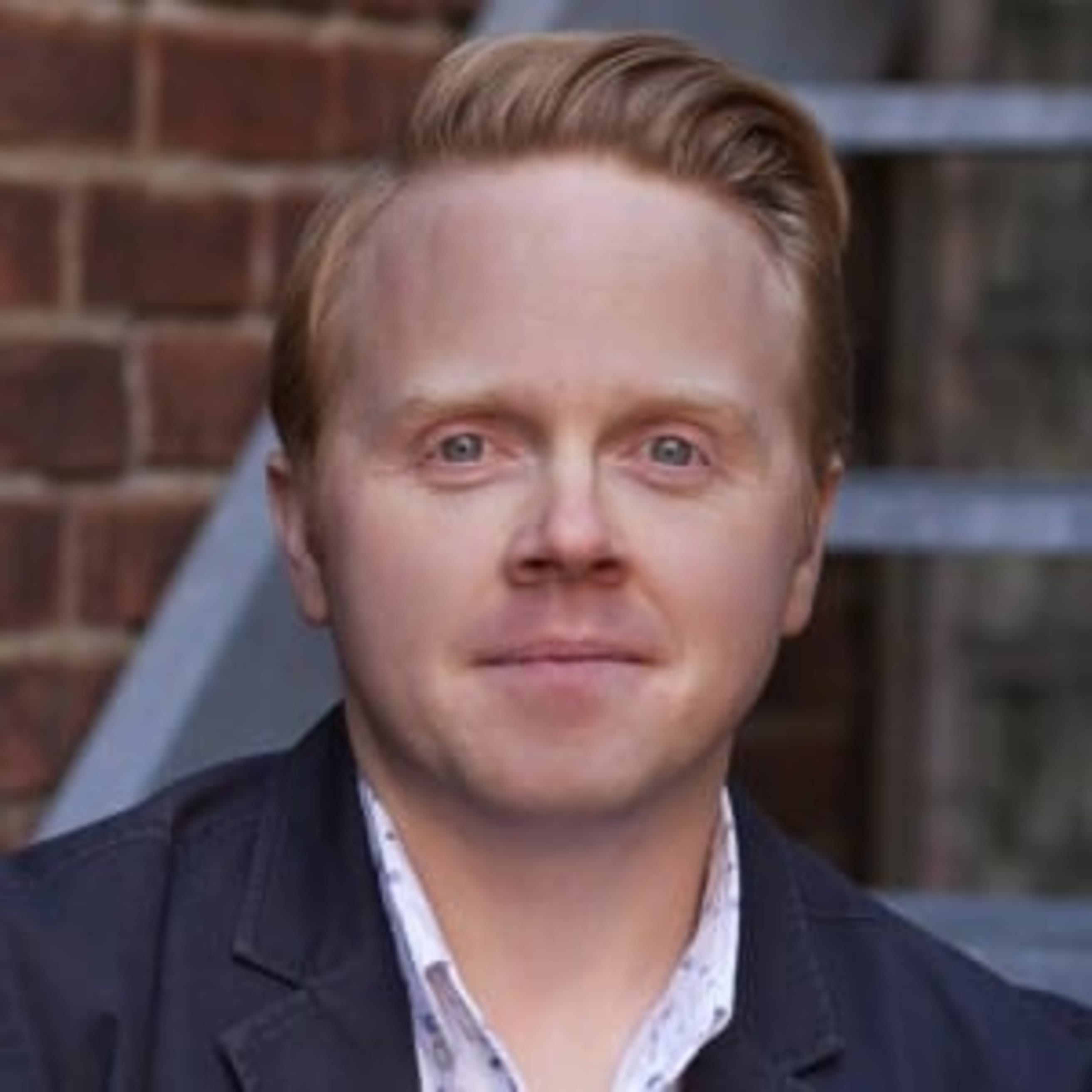
Jeff Goins, author of The Art of Work, purports that “waiting isn’t about inaction.” He suggests that waiting is actually an action in and of itself. But that doesn't mean that you should be lazy about life. Practicing something that you’re curious about while you work on developing a professional path is great way to enhance your skills, talents, and work ethic for that future “perfect calling.”
Don't let not knowing what you want to do keep you from doing something now. What you learn from doing something now will help you when you hit the ground running in your career. Stop stalling and start doing because you are already in training for your future self.
Time spent on something that isn’t your life’s work isn’t wasted, it’s preparation.
Listen to the podcast
Listen to the podcast
6. Storytelling can help you focus and boost your productivity.
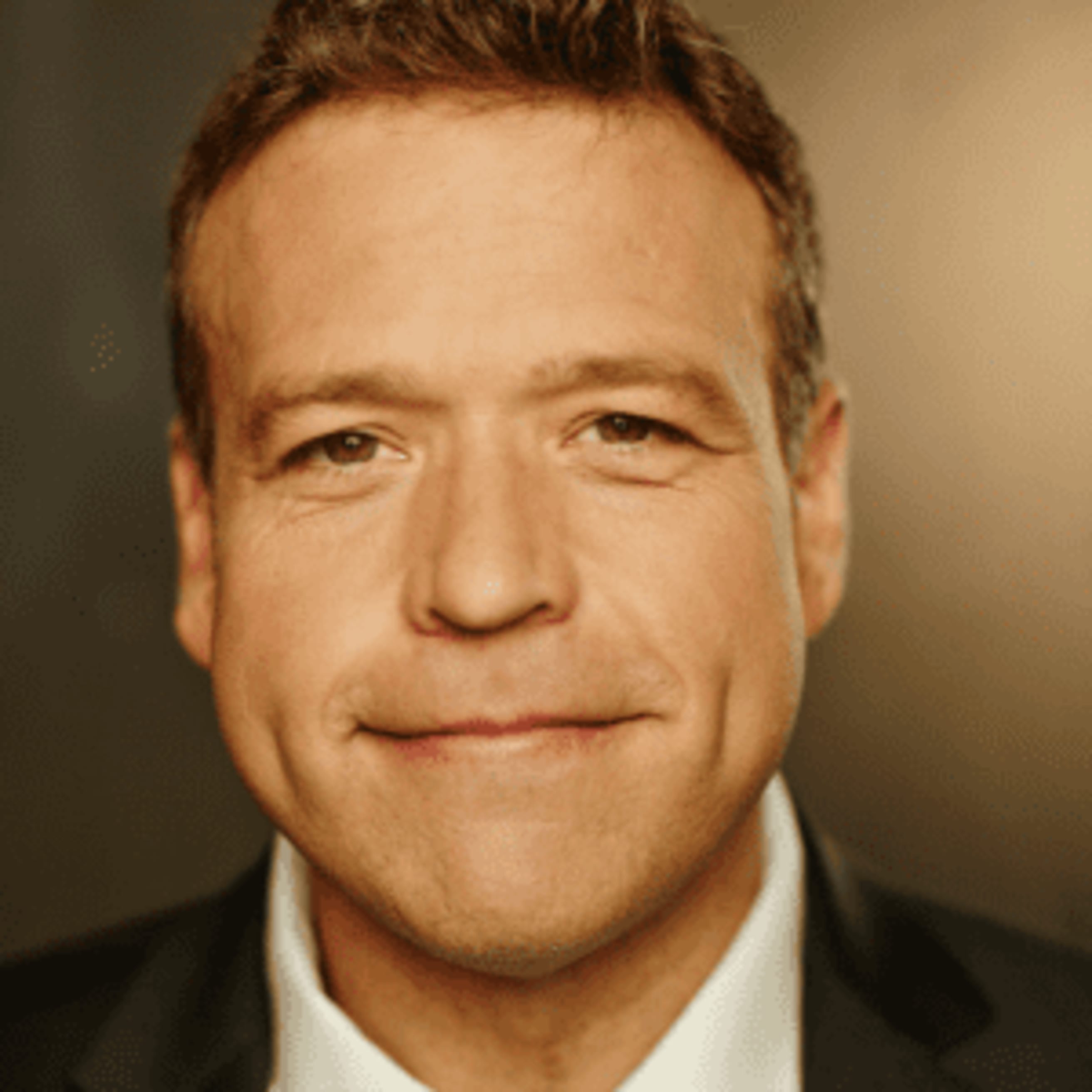
One of the best ways that I’ve found to achieve a higher level of focus and a greater degree of task completion is to use Donald Miller's storyline productivity schedule. The schedule helps alleviate the fear of missing out and the insecurity of working on the wrong thing. It sets you up in the morning by reviewing your current day—what you'll be working on, why you're working on it, and what you’ll get to look forward to because of the work that you're doing. This schedule helps you focus resources and attention on your long-term goals which, in turn, makes a huge difference in how you interact with your day-to-day tasks.
Listen to the podcast
Listen to the podcast
7. Building strong habits can make you wiser.
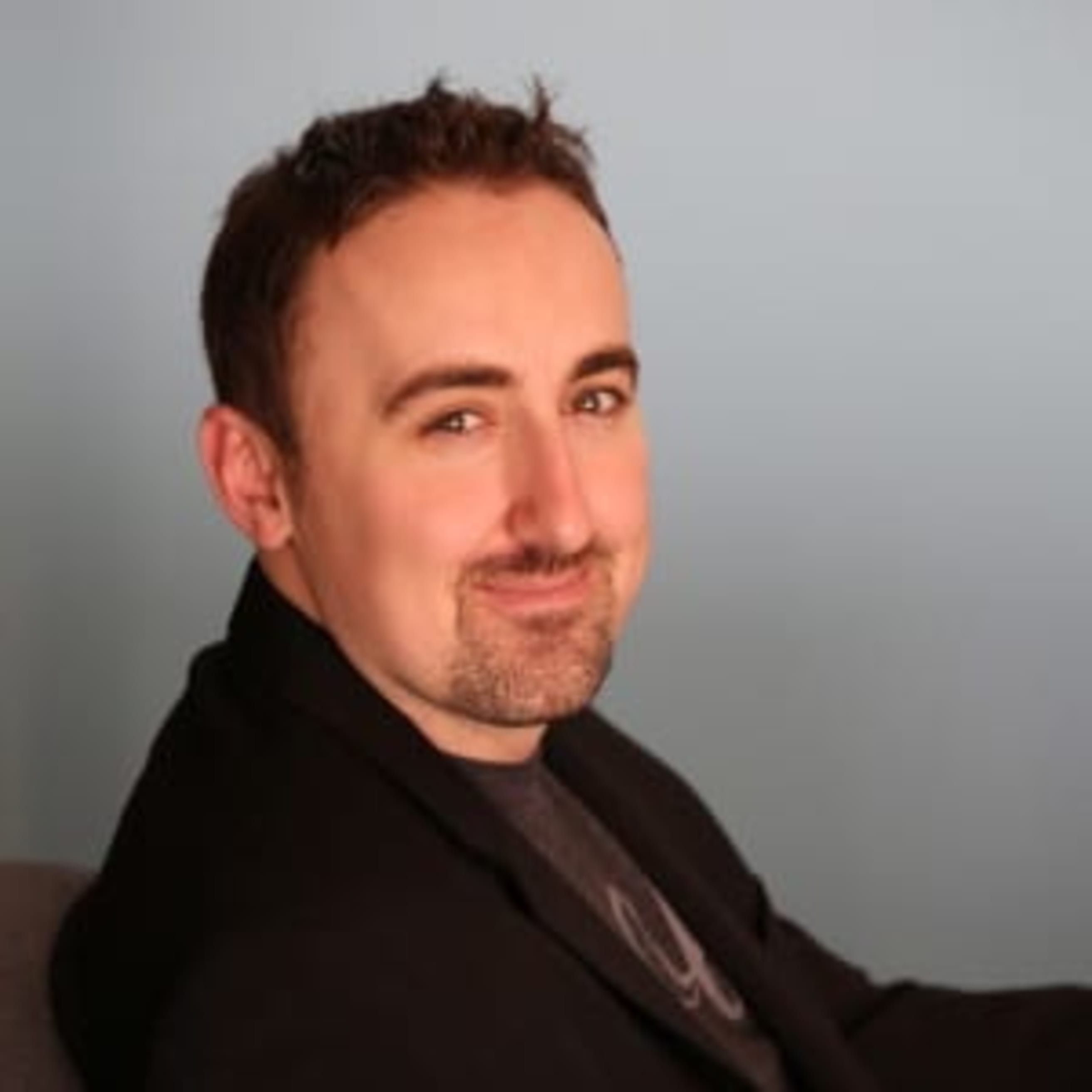
Eat healthy. Exercise regularly. Sleep eight hours every night. These are all habits that we try to build because they make us healthier and more productive in and of themselves. But as Tony Stubblebine, CEO and co-founder of Coach.me, explained, building strong habits can have positive ripple effects many other areas of your life.
That’s because studies have shown that there is a limit to our decision-making capabilities.
The more mental energy we spend making decisions, the less we have left over for decisions we need to make later in the day.
This well-documented phenomenon is called decision fatigue, and it keeps us from being able to continue making smart, productive choices as our work days drag on.
The good news is, there’s a cure: habits. By definition, habits are automatic actions we take without a conscious decision. This means that the more decisions we can turns into habits, the more mental energy we can put toward the most important decisions we need to make. For example, former President of the United States Barack Obama made a habit of wearing only grey or blue suits every day. He saved the mental energy he would have spent deciding what to wear to make the more important decisions he'd be faced with later in the day. Deciding what to wear at the start of the day may seem like a small thing, but all those small decisions add up.
Building strong habits can help you make wiser decisions in both your work and personal life.
8. Focusing on who you don’t want to be can be inadvertent self-sabotage.

When we set goals, we often think about what we want to stop doing. We want to stop eating junk food. We want to stop procrastinating. They want to stop watching so much TV.
According to productivity expert Michael Hyatt, this is where many people go wrong when trying to make life changes. By focusing on what you don’t want to do or who you don’t want to be, your attention is naturally drawn in that direction. For example, if your goal is to stop eating so much sugar, every time you think about your goal you’ll tend to think about sugar. The more you think about sugar, the more likely you are to succumb to the temptation and lose momentum toward achieving your goal.
What’s the lesson here? Look where you want to go, not where you've been. If you really want to hit the mark on the bullseye of your goals, you can't have a wandering eye looking back or to the sides ruining your aim. By all means take the time to decide what it is you don't want to do and who you don't want to be, but then switch gears and focus on how that translates into what you do want.
Paint a vivid mental picture of what success looks like for you and then set up constant reminders throughout your day to keep it top of mind.
9. The right kind of music really can improve your focus (neuroscience says so).
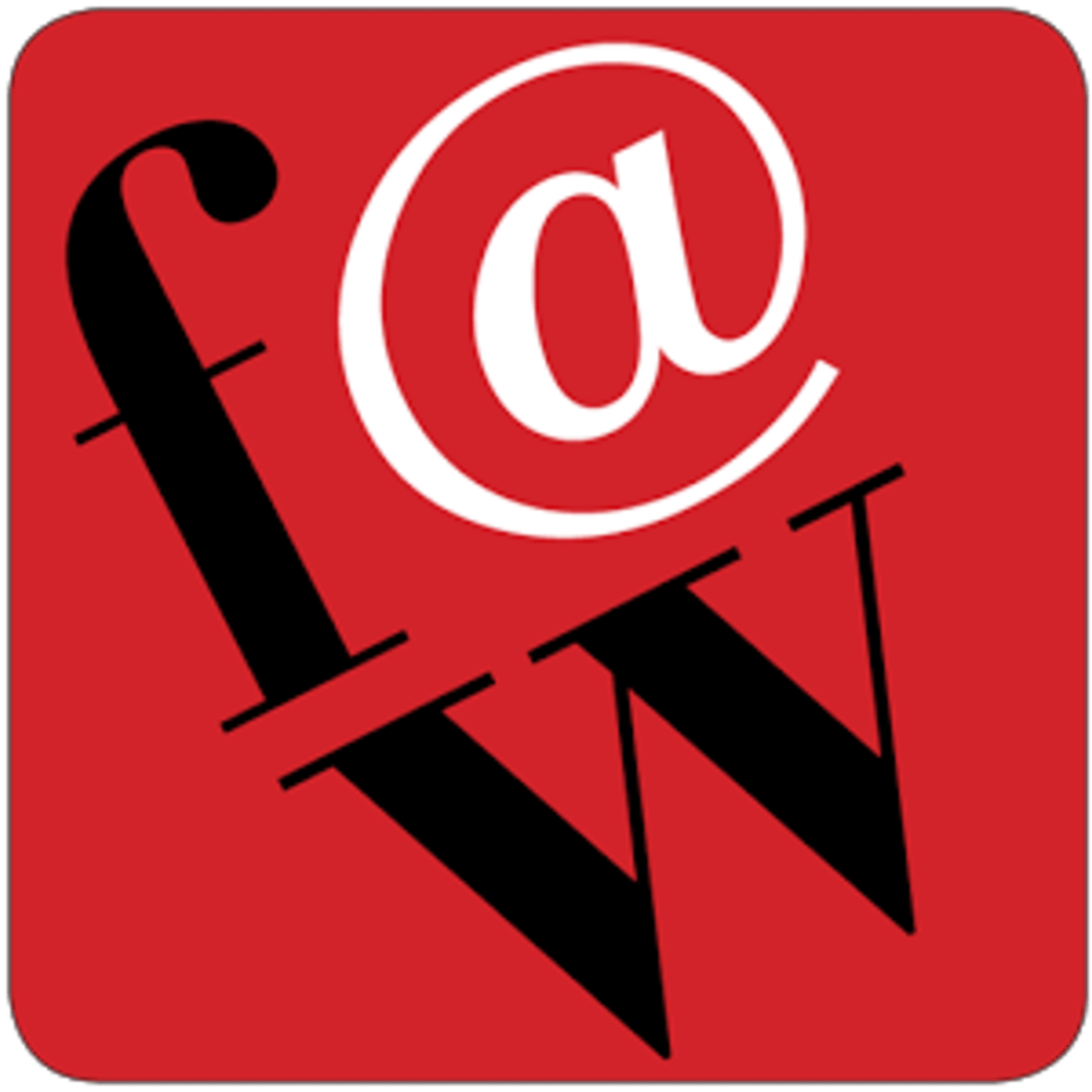
To maximize productivity, it’s important to be clear on what exactly you should be working on next. But once you’ve done that, how do you make sure you have the right amount of focus to actually complete the task at hand? Will Henshall and Jeff Straw, co-founders of Focus at Will, explained to me about how listening to music can be be to the surprisingly powerful technique to create the focus you need.
Focus at Will is a new music service that serves up the right tracks to help you focus, reduce distractions and retain information when working, studying, writing and reading. The technology is based on hard science and proven to be extremely effective at extending your attention span. Trials show a 12-15 percent positive increase in focus and up to 400 percent extended focus time.
10. A strong task management system like GTD let’s you take greater risks in work and life.

David Allen, the creator of the famous Getting Things Done (GTD) productivity method, explains that having a reliable system for capturing, organizing, and prioritizing tasks gives you the confidence and mental bandwidth you need to take on greater challenges. He likens a strong task management system to a surfer’s tether. When surfers tether themselves to their surfboard they’re able to take on bigger waves. They know that when the inevitable fall happens, the tether will be there to help them get back up on their board quickly.
Just like a tether gives a surfer the security they need to take on bigger challenges, a task management system you know you can rely on gives you the peace of mind you need to leave your comfort zone. Whenever a new challenge becomes overwhelming and you “fall off” the board, your task management system is always there to guide you back to what needs to get done next.
Listen to the podcast
Listen to the podcast
11. Your morning routine matters, even if you’re not a morning person.

According to Claire Diaz Ortiz, an early employee at Twitter where she still works, the best thing you can do for your productivity is find your ideal morning routine. The way we start our days anchors us and ensures that we stay focused. Claire reveals a couple of interesting ideas, like people are nicer in the morning because they haven't had a bad day yet, and that if you wake up early enough you get some crucial quiet time. Experiment with her morning routines and see what sets you up for a focused, productive day.
Listen to the podcast
Listen to the podcast
12. Sometimes focusing on one small win leads to bigger results.
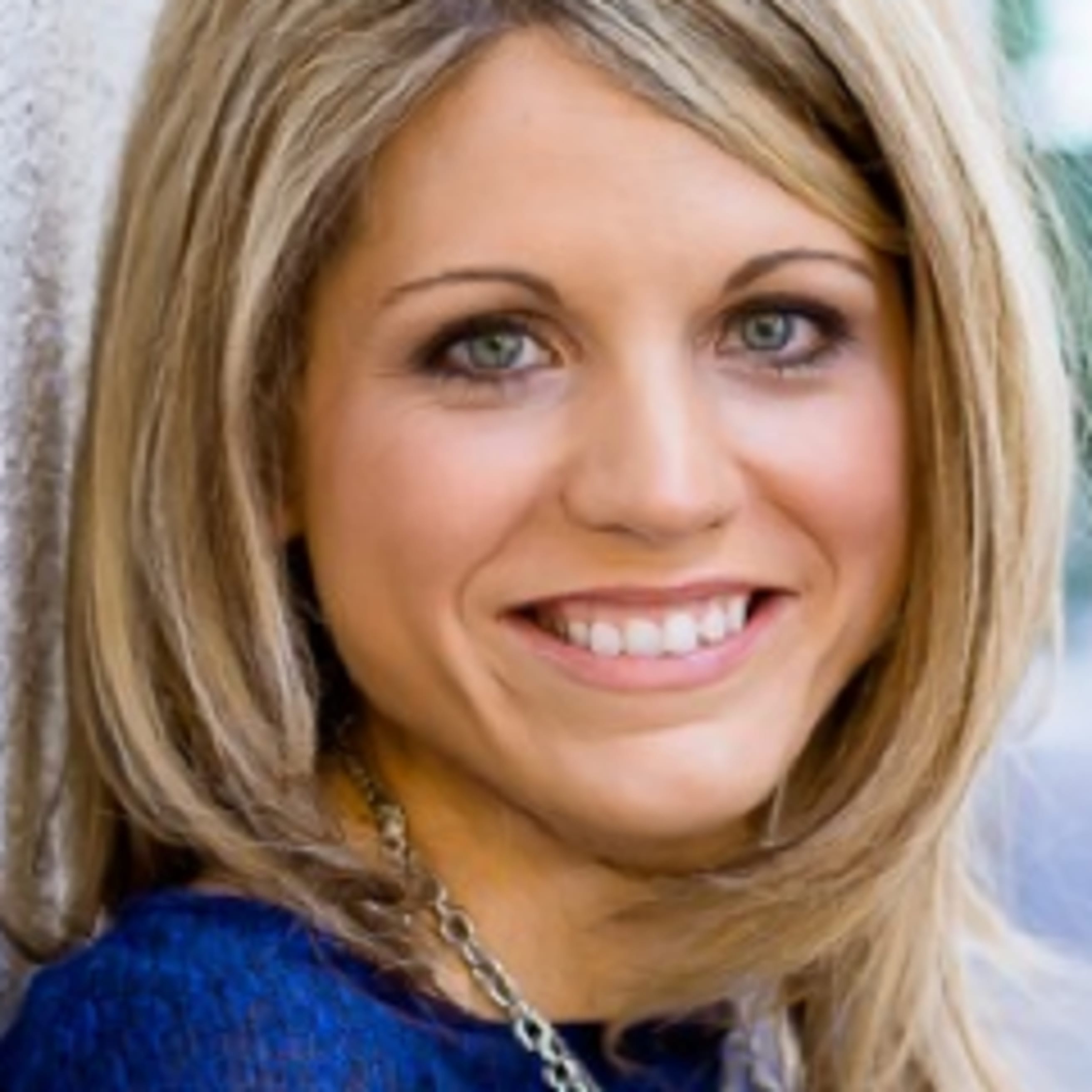
According to Crystal Paine, founder of the popular blog MoneySavingMom.com, the best path towards a big win is to start now with something small and manageable.
When we try to take on too many things and change everything at once, we tend to burnout. Burning the candle at both ends doesn’t give you superpowers, it just leaves you exhausted. When you start feeling overwhelmed, step back and cut out everything that is not a necessity. When you evaluate all your commitments, opportunities and to-do’s, be realistic about which you really have to get done. Keep in mind that you can’t overhaul your life overnight. Big change happens in small steps.
Pick just one change to focus on for three to six weeks. Achieving that one thing will build confidence and momentum for the next small thing. That’s the most reliable way to make big, sustainable change happen.
Listen to the podcast
Listen to the podcast
About the author: Erik Fisher is a Productivity Podcaster and host of the Beyond The To-Do List Podcast, Co-Author of two books and Community Manager for Social Media Examiner.
